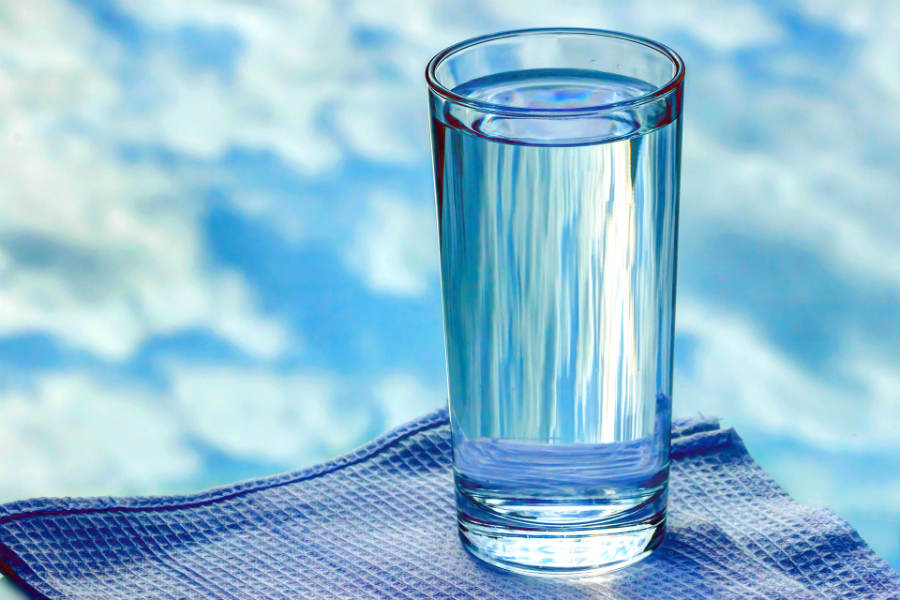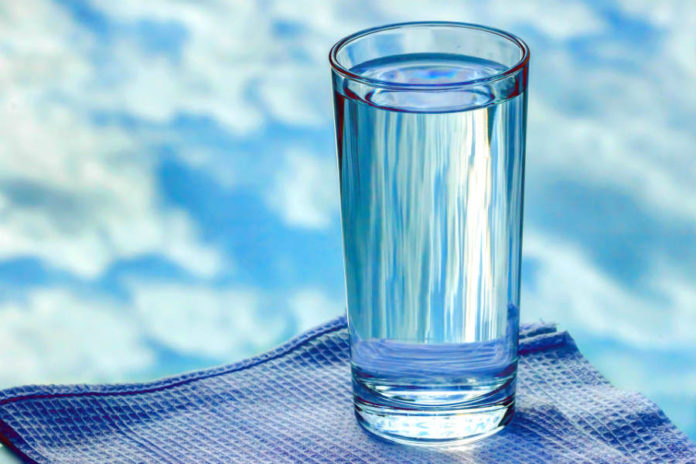
Credit: Michael-T
A team of global scientists led by the Monash University made a breakthrough turning seawater and brackish water into drinkable clean water using sunlight and a specialised metal-organic framework (MOF). This energy-efficient and cost-effective method will see millions and millions of people gaining access to clean drinking water.
How does the method work?
In the study, scientists used a metal-organic framework called the PSP-MIL-53 MOF which could absorb salt from seawater and brackish water making it desalinated. And the process takes just under 30 minutes to complete. Within a day, 1 kg of the MOF could filter and create 139.5 L of clean drinking water. And with a very low energy consumption.
The new method could reduce 2,233 parts per million (ppm) water into less than 500ppm, which is much less than the current WHO guideline for drinkable water of total dissolved solids (TDS) <600ppm.
After one time use, these MOF crystals could be regenerated by exposing to sunlight in just 4 minutes making the process sustainable too. This method is said to be filtering harmful particles and also more energy-efficient than other desalination methods.
“Thermal desalination processes by evaporation are energy-intensive, and other technologies, such as reverse osmosis, has a number of drawbacks, including high energy consumption and chemical usage in membrane cleaning and dechlorination,” says Professor Huanting Wang, lead author of the study.
What are MOFs?
Metal-organic frameworks contain metal ions forming a porous crystalline material which has the largest surface area among any known material. The intense porosity of this material can make an area of a football ground cover a small teaspoon.
They have the ability to trap the salt and other impurities in those tiny pores when filtering liquids. The special MOF they used in the study, PSP-MIL-53, ‘was synthesised by introducing poly (spiropyran acrylate) (PSP) into the pores of MIL-53, a specialised MOF’.
“Sunlight is the most abundant and renewable source of energy on Earth. Our development of a new adsorbent-based desalination process through the use of sunlight for regeneration provides an energy-efficient and environmentally-sustainable solution for desalination,” says Professor Huanting Wang.
Apart from creating sustainable clean drinking water available to the world, the researchers believe their method could also be functionalised to sustainably extract minerals in mining and other industries.
The study has been published in the journal Nature Sustainability.

